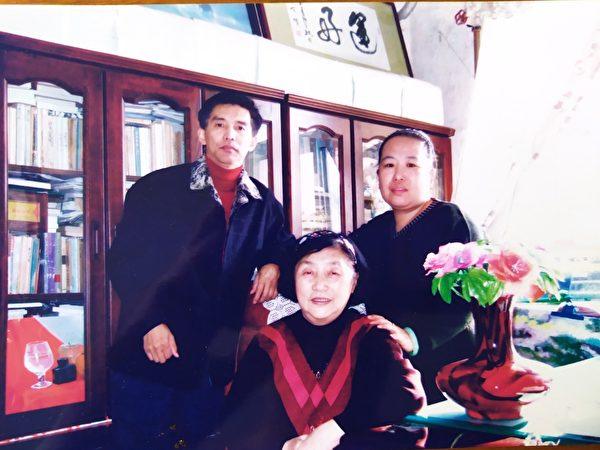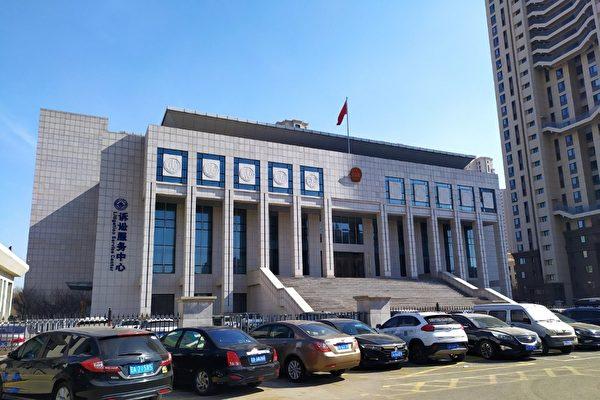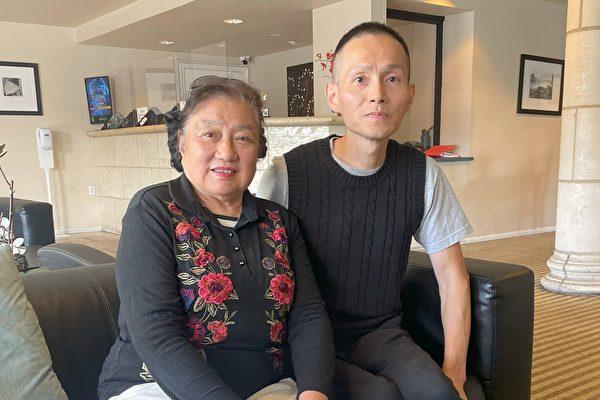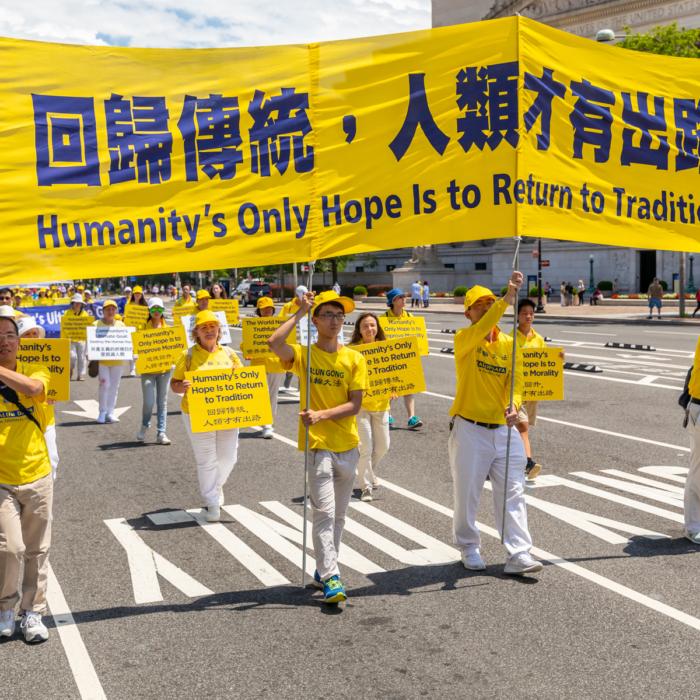A verdict that had confined Sun Daluo, a writer and political commentator, for a year between 2021 and 2022 was recently revealed online, confirming that he was sentenced based on the books he composed. After the verdict was revealed, the authorities initiated an investigation into the source of online leakage, an insider told the Chinese language edition of The Epoch Times.
Sun Daluo, formerly known as Sun Zhiming, was arrested in June 2021 on suspicion of “picking quarrels and provoking trouble,” a charge often used for dissidents with a sentence of up to five years.
The indictment listed the two books Mr. Sun composed between 1998 and 2015, “A History of Mao Zedong’s Exercise of Power” and “A History of Xi Jinping’s Exercise of Power,” and multiple anti-communist articles and commentaries he published on overseas websites between 2017 and 2021, as evidence of his crimes.
Mr. Sun received a sentence of imprisonment between June 23, 2021, and June 22, 2022, according to the indictment issued on Dec. 20, 2021.
In his article, “Examining the Judicial Absurdity of the Chinese Communist Party (CCP) through Mr. Sun Daluo’s Verdict,” Chen Weijian, chief editor of Beijing Spring, argues that his two books provide a historical account, while the CCP accuses him of “inventing false information.”
Mr. Chen said the indictment failed to provide concrete evidence to the claim of “fabricating false information.”
He expressed that the judgment becomes even more ludicrous when it alleges his involvement in the “picking quarrels and provoking trouble” offense, a charge that seems “completely out of place when applied to articles presenting factual perspectives through written expression.”
Censorship on Artistic Creation
Mr. Wang (pseudonym), a friend of Mr. Sun, explained to The Epoch Times that these two books are essentially political detective novels, blending elements of political fiction and political history. Much of the content involves speculation, aligning them more with the nature of fictional works.He said the book’s conjectures about high-level power struggles happened to be “surprisingly accurate.” Authorities suspected he had “insider information from the upper echelons in Beijing, speculating that someone was providing him with confidential details.”
There were also suspicions that he was being directed by “anti-China organizations in the United States and Taiwan” to undertake these actions. As a result, there was “a thorough investigation into his connections with high-ranking officials and his overseas background,” said Mr. Wang.
However, his understanding of the inner workings at the top levels was based on “his own deductions and not information provided by internal sources,” he said.
According to Mr. Wang, those two books were both political fictions, distinct from political biographies.
“Political fiction belongs to the artistic realm of novels, where the allowance for speculative fiction is inherent. Arresting the author constitutes a grave breach of artistic creative norms and a serious violation of the constitution. The constitution explicitly grants citizens the freedom of artistic creation,” Mr. Wang said.
The revelation of Sun Dalo’s verdict has caused heightened concerns among the authorities, according to Mr. Wang.

He said, “At one point, the Shenyang Public Security Bureau actively pursued whether the verdict was leaked online from the court’s official records.”
An internet search using selected keywords related to the charge, including “Article 293 of the Criminal code,” “picking quarrels and provoking trouble,” “faking information,“ ”Twitter,” and “slandering,” did not yield any results from the official database, said the report.






